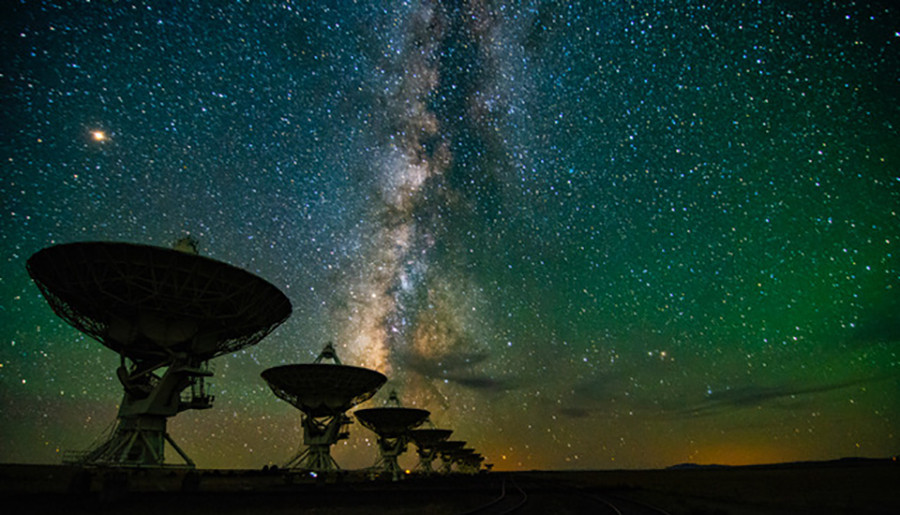ASTRO 1107 The Universe

Course description
Identical to ASTRO 1105 except for the addition of the afternoon laboratory that emphasizes mathematical problem-solving. This option is recommended for potential majors in science and engineering.
When civilization was young, Seneca wrote, “A single lifetime, even entirely devoted to the sky, would not be enough for the investigation of so vast a subject. Our descendants will be amazed that we did not know things that are so plain to them.” We will work to understand what he and the ancients knew about the night sky, and the ingenious methods by which they came to know it, and trace the history of astronomy through the modern day. Indeed, modern astronomy abounds with strange alien worlds and exotic events that would have amazed that great classical thinker: Stars and the tantalizing planets that journey with them through the galaxies, which smash into one another over millions of years. And when they die in great explosions, stars create exotic pulsars, black holes, nebulae, and people. And somehow all of this started at the single moment of the Big Bang. What will be so plain to our descendants that would amaze us today? Will they have contacted alien intelligence? Traveled in time? Learned the fate of the universe?
Forbidden Overlap: due to an overlap in content, students will not receive credit for both ASTRO 1105 and ASTRO 1107.
Prerequisites
high school physics recommended
No upcoming classes were found.
Previously offered classes
Summer 2025: Online course

| Section ID: | ASTRO 1107 001-LEC |
| Number: | 1341 |
| Session: | Summer 6-week |
| Class dates: | June 23-August 1, 2025 |
| Mode of instruction: | Online (async) |
| Final exam/project due: | Tuesday August 05, 11:59 PM (see Final exams) |
| Credit: | 4 |
| Instructor: | Kornreich, D. (dak13) |
| Related: | ASTRO 1107 201-DIS |
| Related: | Co-offered with : ASTRO 1105 001-LEC |
| To enroll: |
See Online Learning FAQs. This course is open to all registrants, including undergraduates and precollege students. |
Summer 2025: Online course

| Section ID: | ASTRO 1107 201-DIS |
| Number: | 1342 |
| Session: | Summer 6-week |
| Class dates: | June 23-August 1, 2025 |
| Mode of instruction: | Online (async) |
| Final exam/project due: | (see Final exams) |
| Credit: | 0 |
| Grade: | Student option |
| Instructor: | Kornreich, D. (dak13) |
| Max. enroll: | 17 |
| Related: | You will be auto-enrolled in ASTRO 1107 001-LEC You will be auto-enrolled in ASTRO 1107 401-LAB |
| Related: | Co-offered with : ASTRO 1105 201-DIS |
| To enroll: | Register now
See Online Learning FAQs. This course is open to all registrants, including undergraduates and precollege students. |
Summer 2025: Online course
| Section ID: | ASTRO 1107 401-LAB |
| Number: | 1343 |
| Session: | Summer 6-week |
| Class dates: | June 23-August 1, 2025 |
| Mode of instruction: | Online (async) |
| Final exam/project due: | (see Final exams) |
| Credit: | 0 |
| Instructor: | TBA |
| Related: | ASTRO 1107 201-DIS |
| To enroll: |
See Online Learning FAQs. This course is open to all registrants, including undergraduates and precollege students. |


